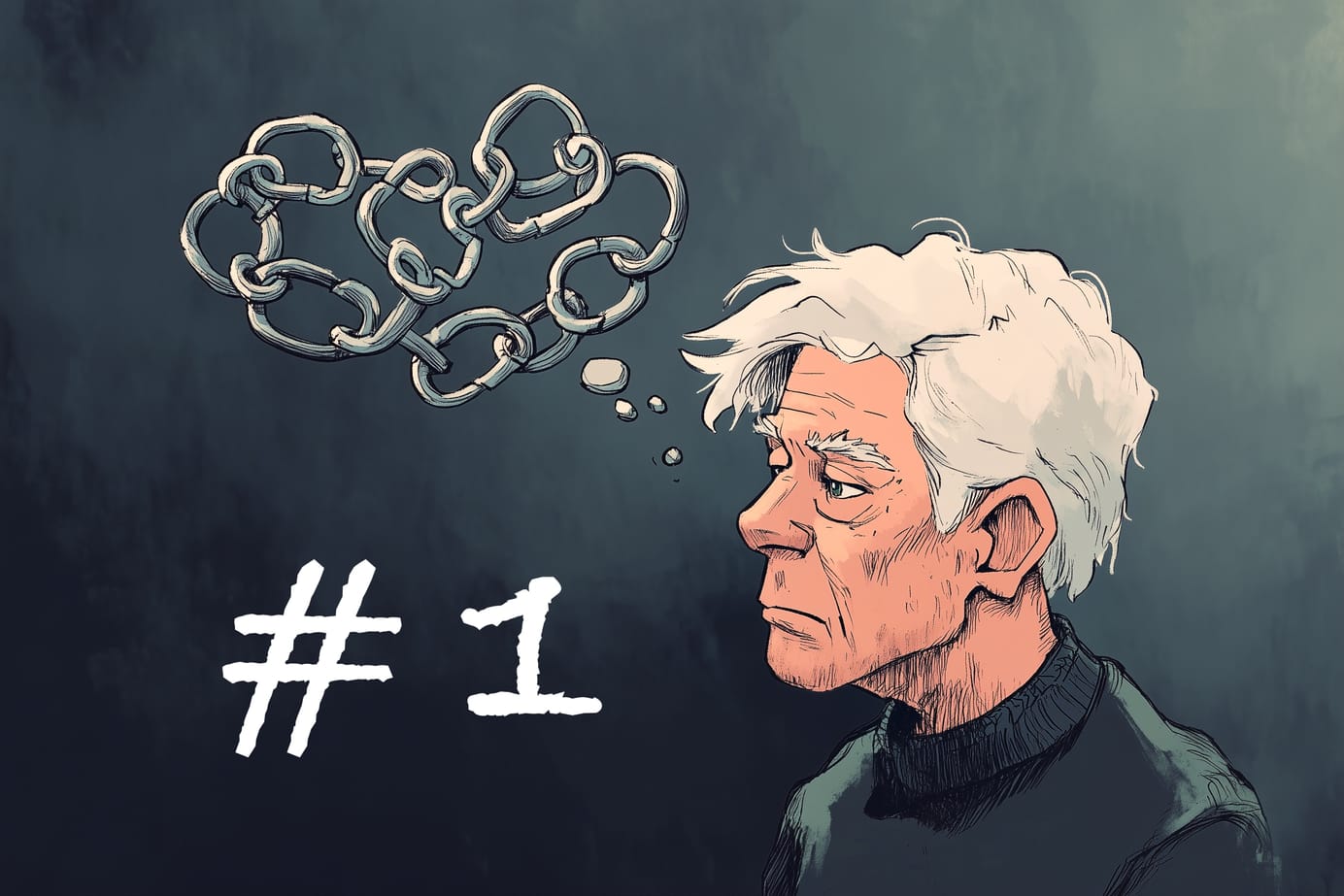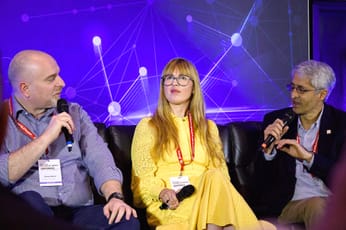
Six things I've learnt from newsletters in the last week
It's not all posturing and culture war opinion-making, you know.
1. Newsletters aren't just about journalism
I came across that passage via Kevin Kwok, one of my favourite online thinkers (as in not a professional writer, not attached to a media institution - the kind of mind I wouldn’t encounter without blogs and Twitter).
This something we often miss in the debates about things like newsletters and journalism: these tools don't just empower journalists, they empower experts and interesting thinkers to publish directly. As Dave Winer put it many years ago, sources go direct.
2. Museums are media businesses now
Maxwell Museums on the National Gallery's five year strategic plan:
The most eye-catching pledge is to transform them into a “digital media organisation” with a “radically bigger digital audience.” There’s even the suggestion they could reach 1 billion people by 2025 (hmmmm).
Yup. Museums are getting into the media business, and will be fighting us for attention. Another pandemic-wrought change to the media landscape. I did warn you…
3. Am I still a journalist?
I want to be able to say I stay in journalism because I believe in the power of the fourth estate. And that I know that the business model will eventually work itself out because democracy will always need journalism. It’s earnest and it’s all true, but I also can’t in good faith pretend that’s the only reason. If I’m really honest with myself, I rattle around in this broken industry because I like being able to call myself a journalist. It’s a huge part of my identity – it’s what makes me, me.
I still think of myself as a journalist. But there are many other words that could be more accurate at this point: trainer, lecturer, consultant… blogger. But I still love journalism, and most of my work revolves around it, so I call myself a journalist.
Am I right to do so?
4. The Facebook Oversight Board starts to flex its muscles
Instead of rubber-stamping this decision, or overturning it, the board came back to Facebook and essentially said, ‘We can’t find an indefinite suspension anywhere in your rulebook, so make some rules and come back to us.’ In doing so, it pointed out that some of Facebook’s most important content moderation decisions are made on the whims of its leadership, and it told the company to write better policy to prevent that from happening so often.
Some useful analysis here of how the Facebook Oversight Board is trying to make itself more than the fig leaf that Zuckerberg and Clegg clearly want it to be.
5. Newsletters can contain actual journalism
Casey Newton has been probing into what happened during the public implosion of tech star Basecamp by doing actual journalism:
This account is based on interviews with six Basecamp employees who were present at the meeting, along with a partial transcript created by employees. Collectively, they describe a company whose attempt to tamp down on difficult conversations blew up in its face as employees rejected the notion that discussions of power and justice should remain off limits in the workplace.
As Charles Arthur put it:
Newton is doing terrific work; one of the best around in terms of the contacts and context.
6. Newsletters can take us behind the scenes of journalism
Zeynep Tufecki's journalism has been one of the breakout successes of pandemic journalism. In the latest issue of her newsletter she takes us deeper into the issues around her New York Times piece:
The reasons for this delay go back more than a century, to the fight against (incorrect but prevalent) theories that blame miasma—noxious odors, especially from rotting organic material—for diseases. While trying to counter erroneous but millenia-long folk-beliefs, some of the founders of public health and the field of infectious control of diseases around the world made key errors and conflations around the turn of the 20th century. These errors essentially froze into tradition and dogma that went unchanged and uncorrected for more than a century, until a pandemic forced our hand.
It's like the director's commentary for journalism. Love it.
Sign up for e-mail updates
Join the newsletter to receive the latest posts in your inbox.










